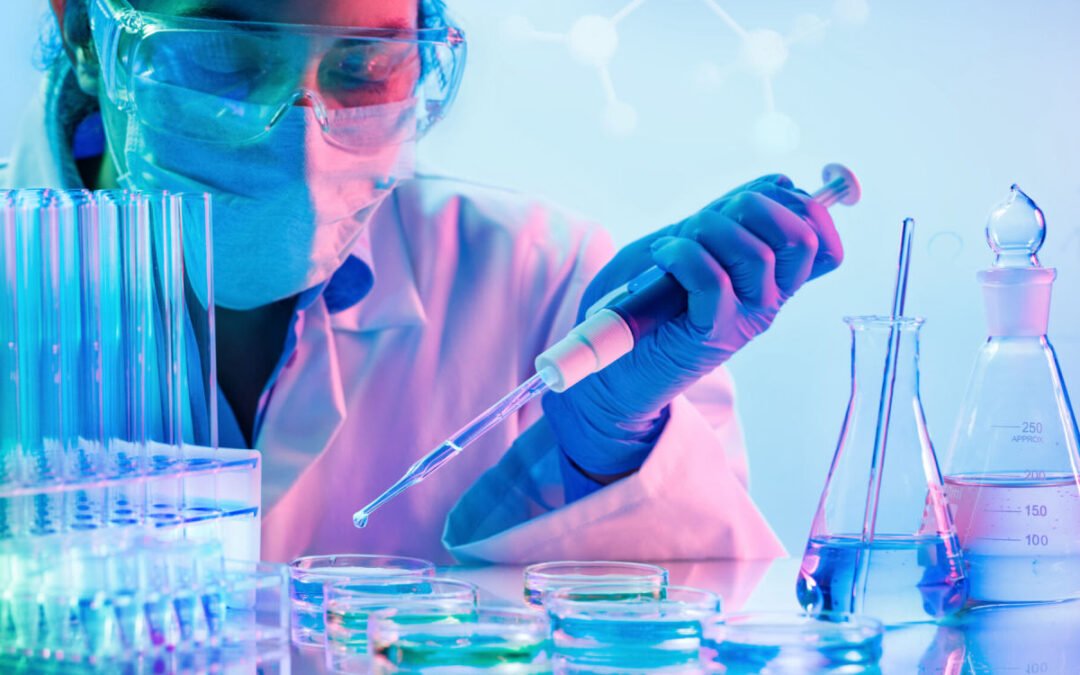
According to a study shared by Medical News Today, the use of antibiotics in individuals with COVID-19 may result in increased antimicrobial resistance (AMR), including bacteria becoming resistant to antibiotics. Researchers from the University of Plymouth and the Royal Cornwall Hospitals Trust fear that the effects may be felt among wider populations and have toxic consequences for the environment.
While antibiotics are not used directly to treat diseases caused by viruses, some patients hospitalized due to COVID-19 may receive antibiotics to prevent secondary bacterial infections. However, with the increased usage of antibiotics during the pandemic, researchers have found raised levels of antibiotics in the U.K.’s rivers and coastal waters, placing an added burden on wastewater treatment works.
Researchers hope to develop a better understanding of the effects of antibiotics in wastewater so they can potentially inform future decisions on prescribing during pandemics, as well as the locations of emergency hospitals and wider drug and waste management.
Professor Mathew Upton, a co-author of the research, notes that “the COVID-19 pandemic is causing immense suffering and loss of life across the globe, but AMR has been – and will remain – one of the most significant threats to global human health. We conducted this study so that we can begin to understand the wider impact of global pandemics on human health.”


Comentarios recientes